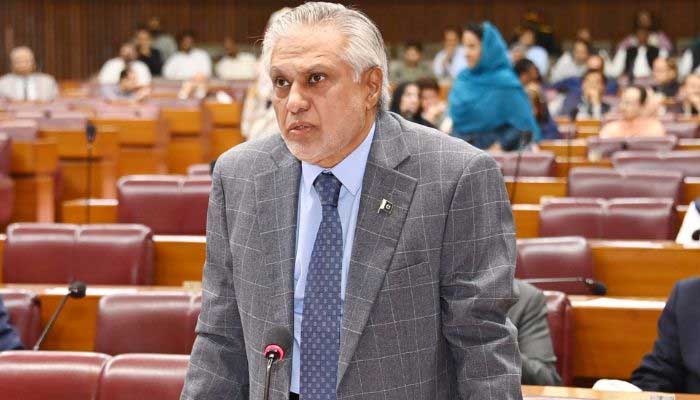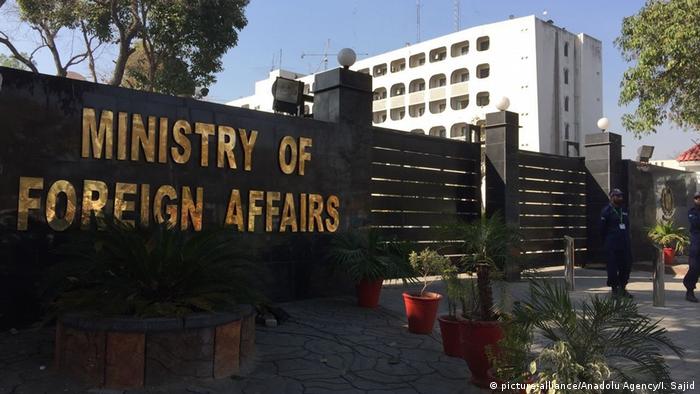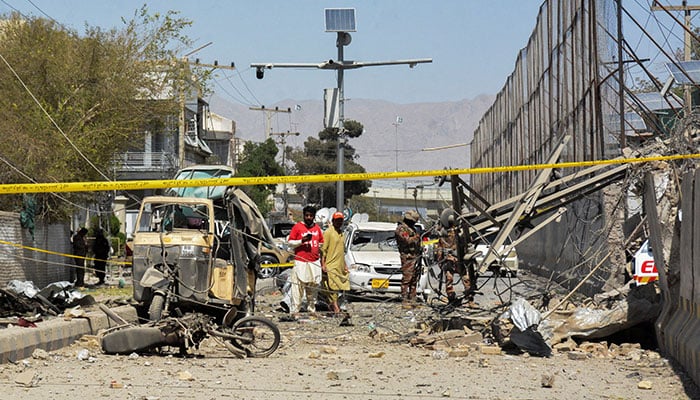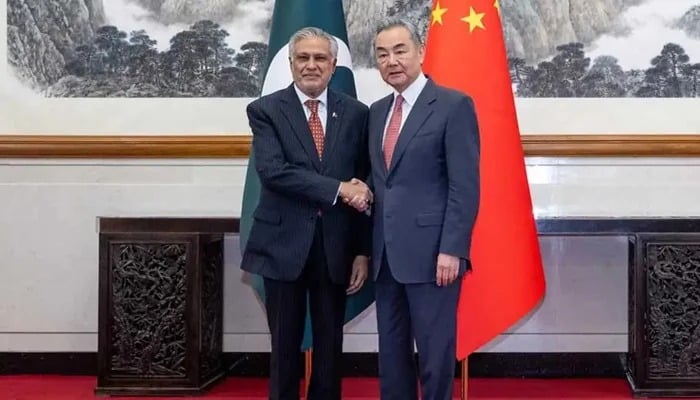Islamabad, Chinese Foreign Minister Wang Yi will land in Islamabad to co-chair the 6th Pakistan-China Foreign Ministers’ Strategic Dialogue alongside Deputy Prime Minister and Foreign Minister Ishaq Dar. The visit comes at a sensitive time in regional geopolitics and carries deep implications for Pakistan’s foreign policy trajectory.
Strengthening a Strategic Partnership
Pakistan and China frequently describe their relationship as an “All-Weather Strategic Cooperative Partnership.” This visit aims to further cement that bond by addressing key areas such as:
Expansion of the China-Pakistan Economic Corridor (CPEC)
Broader economic and trade cooperation
Joint approaches to regional peace and security
Deepening defense and intelligence collaboration
In addition to formal talks, Wang Yi is scheduled to meet Prime Minister Shehbaz Sharif and Army Chief Field Marshal Syed Asim Munir, signaling that military-to-military ties will also be a central theme.
The Regional Context
This is Wang Yi’s first visit to Pakistan since India’s cross-border strikes in May 2024, which pushed Islamabad to strengthen its reliance on Beijing. The timing also reflects China’s balancing act: only weeks ago, Wang Yi was in New Delhi for talks with Indian leadership. His Islamabad stop underscores Beijing’s strategy of engaging both rivals, while ensuring its strategic anchor in Pakistan remains firm.
Afghanistan Factor
Diplomatic insiders suggest that a trilateral dialogue between Pakistan, China, and Afghanistan may follow in Kabul after Wang Yi’s Islamabad meetings. The focus is expected to be:
Counterterrorism cooperation
Managing Pakistan’s security concerns along the western border
Afghanistan’s role in regional trade and connectivity
If realized, this trilateral engagement could mark a significant step in China’s ambition to position itself as a stabilizing power in South and Central Asia.
Why This Visit Matters
For Pakistan, Wang Yi’s visit is more than a diplomatic exchange — it’s a reminder that China remains its most reliable international partner at a time when relations with the US and India remain tense. For Beijing, the trip reinforces its commitment to safeguarding CPEC and countering instability that threatens its Belt and Road Initiative (BRI).
Wang Yi’s upcoming visit will likely reaffirm the strategic alignment between Islamabad and Beijing, but it will also spotlight the evolving regional dynamics shaped by Afghanistan’s instability, India’s assertiveness, and the broader US-China rivalry. How Pakistan leverages this engagement could define its foreign policy priorities for the months ahead.






